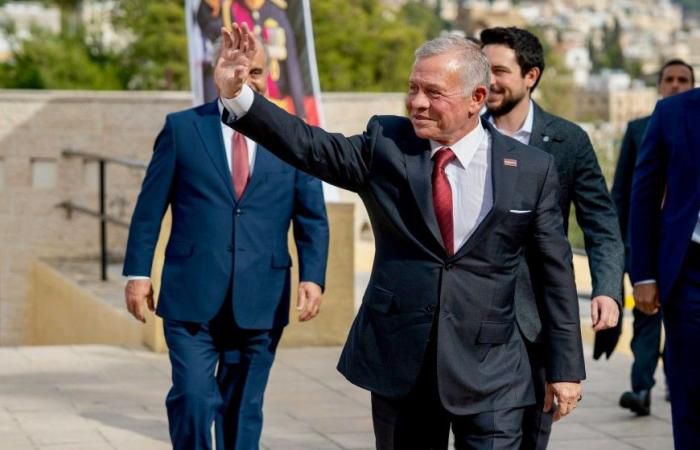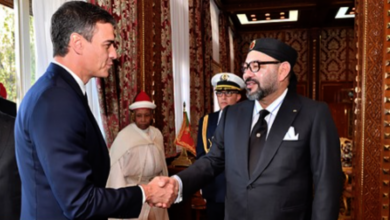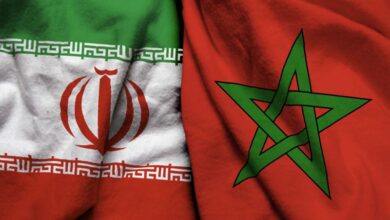Jordan, King, and People: Facing Challenges in the Face of U.S. Pressures and the Gaza Relocation Project

ALDAR/
Amid ongoing U.S. pressures aimed at imposing drastic changes in the political and geographical landscape of the region, Jordan remains in a firm defensive position, rejecting any attempts that undermine its historic stance on the Palestinian cause. With the escalation of former U.S. President Donald Trump’s efforts to implement his plan to liquidate the Palestinian cause, known in the media as the “Deal of the Century,” which included provisions aimed at relocating Palestinians from Gaza to neighboring countries, primarily Jordan and Egypt, Jordan has shown unprecedented determination in confronting these directions.
Since the announcement of the plan, the Jordanian government has worked tirelessly to adopt a firm political position against any efforts to reshape the demographic map of the region. This was clearly reflected in the positions of Jordan’s King Abdullah II during his diplomatic visits, especially to Washington. In his meetings with U.S. officials, King Abdullah II provided precise and firm responses, demonstrating his seasoned diplomatic approach, sending strong messages to the U.S. administration, and reaffirming Jordan’s rejection of any attempt to alter the status of Palestinians in the occupied territories.
Jordan’s actions have not been limited to the international arena; there was also a swift internal move to confront any potential threats. The Jordanian parliament discussed a draft law that criminalizes and prevents the relocation of Palestinians to its territory, a law seen as a preemptive step to protect Jordan’s national identity from risks that may threaten the demographic structure of the kingdom. This legislation reflects the deep awareness of the Jordanian leadership regarding the potential impact of such scenarios on the country’s internal stability.
At the same time, the Jordanian military leadership has not overlooked the need to strengthen national security. The Jordanian army has intensified its presence on the borders with Israel in a move aimed at securing the country from any unforeseen consequences that may arise from the escalation of tensions in the West Bank or from waves of forced displacement that may result from increasing Israeli repression. These military moves come at a sensitive time, as the region seems poised for transformations that could have far-reaching consequences.
Through these actions, Jordan has avoided falling into the trap of international pressures that weaken its strategic position on the Palestinian cause. In the face of these challenges, Jordan remains steadfast in its consistent policy of supporting Palestinian rights, backed by popular and international support in confronting liquidation projects targeting the Palestinian cause.




